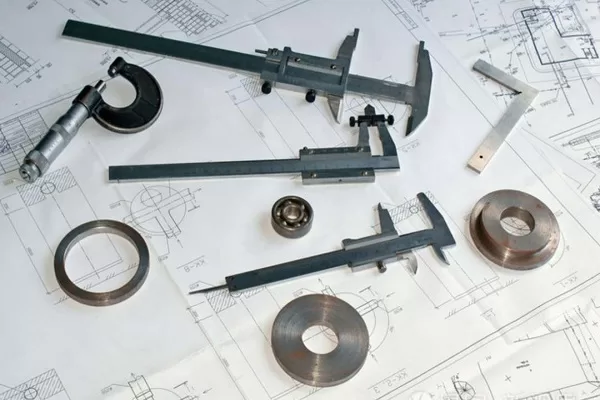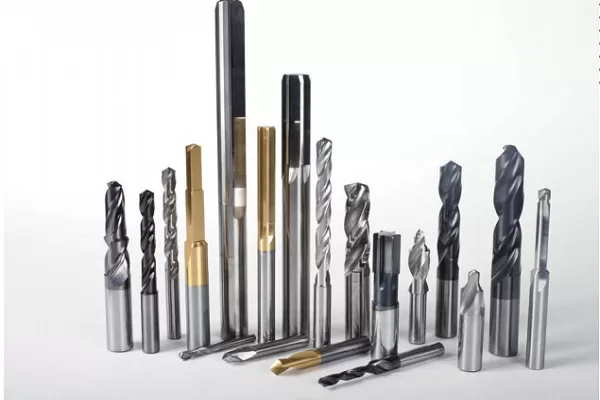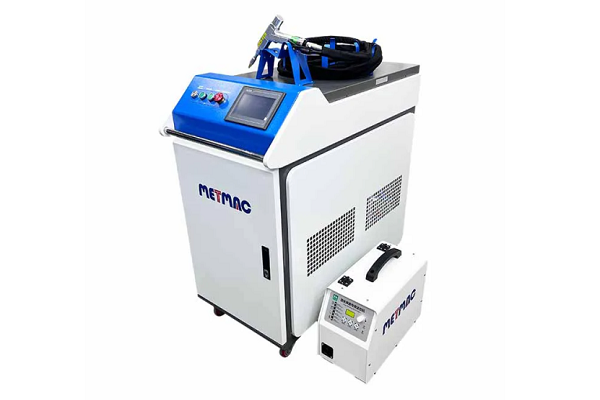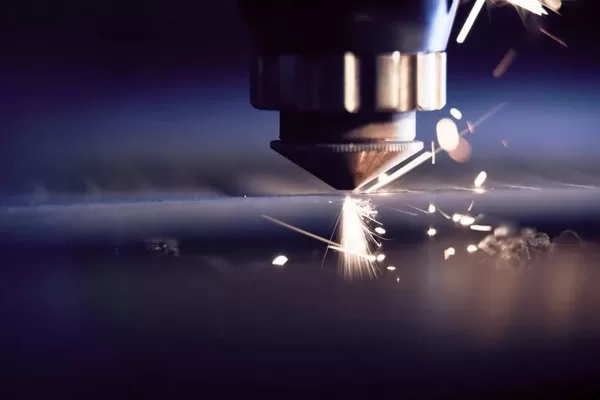
The Role of Automation in Modern Metal Plate Rolling Machines
- By:Metmac
- 2024-07-05
- 31
Introduction
Automation has revolutionized various industries, including metalworking. In metal plate rolling machines, automation plays a crucial role in enhancing efficiency, precision, and safety. This article explores the multifaceted role of automation in modern metal plate rolling machines.
Enhanced Productivity
– Automating feed systems optimizes material handling, reduces downtime, and increases production throughput.
– Automated roll gap adjustment controls the pressure and thickness of the rolled plate, resulting in consistent and high-quality products.
Precision Control
– Automated sensors and feedback loops monitor and adjust process parameters, such as temperature and speed, ensuring precision and repeatability throughout the rolling process.
– Numerical control (CNC) systems provide precise control over roll positioning and movement, allowing for complex bending operations and intricate shapes.
Safety Improvements
– Automated emergency stop systems prevent accidents and protect operators from dangerous machinery.
– Remote monitoring and control allow operators to operate machines from a safe distance, reducing exposure to hazards.
– Automated safety guards and interlocks ensure that machines can only operate safely, protecting both equipment and personnel.
Reduced Labor Costs
– Automation eliminates the need for manual labor in repetitive tasks, freeing up employees to focus on more complex and value-added activities.
– Automated data collection and analysis tracks production metrics, identifies inefficiencies, and enables timely corrective actions, reducing downtime and labor costs.
Improved Efficiency
– Automated process planning optimizes machine parameters based on material properties and desired outcomes, minimizing setup times and maximizing production efficiency.
– Automated loading and unloading systems reduce manual handling, streamline the production process, and increase overall efficiency.
Enhanced Flexibility
– Modular and reconfigurable automation components allow for quick changeovers and the ability to handle different plate thicknesses and materials.
– Automated tool selection and preparation reduce downtime and enable rapid prototyping and production of small batches.
Quality Control
– Automated quality monitoring systems inspect the rolled plates for defects and ensure compliance with specified tolerances.
– Automated traceability systems track materials and production parameters, providing a comprehensive record for quality assurance.
Conclusion
Automation is an integral part of modern metal plate rolling machines, transforming the manufacturing process by enhancing productivity, precision, safety, efficiency, and flexibility. As technology advances, automation will continue to play an increasingly crucial role in the metalworking industry, enabling manufacturers to produce high-quality products, reduce costs, and improve their competitiveness.
-
The Advantages of Using a Sheet Roll Forming Machine in Manufacturing
2024/09/14 -
How to Optimize Your Laser Sheet Cutting Machine for Maximum Performance
2024/09/12 -
How to Maximize Efficiency with Modern Sheet Metal Working Machines
2024/09/04 -
The Environmental Benefits of Using Duct Board Grooving Machines
2024/09/03
-
Latest Technological Advancements in Rectangular Duct Machines
2024/05/11 -
Integrating Automation with Rectangular Duct Machines for Enhanced Productivity
2024/05/11 -
Metal Shear Machines- Essential Tools for Precision Metal Cutting
2024/05/11 -
Understanding the Role and Function of Steel Strip Slitting Machines
2024/05/11



